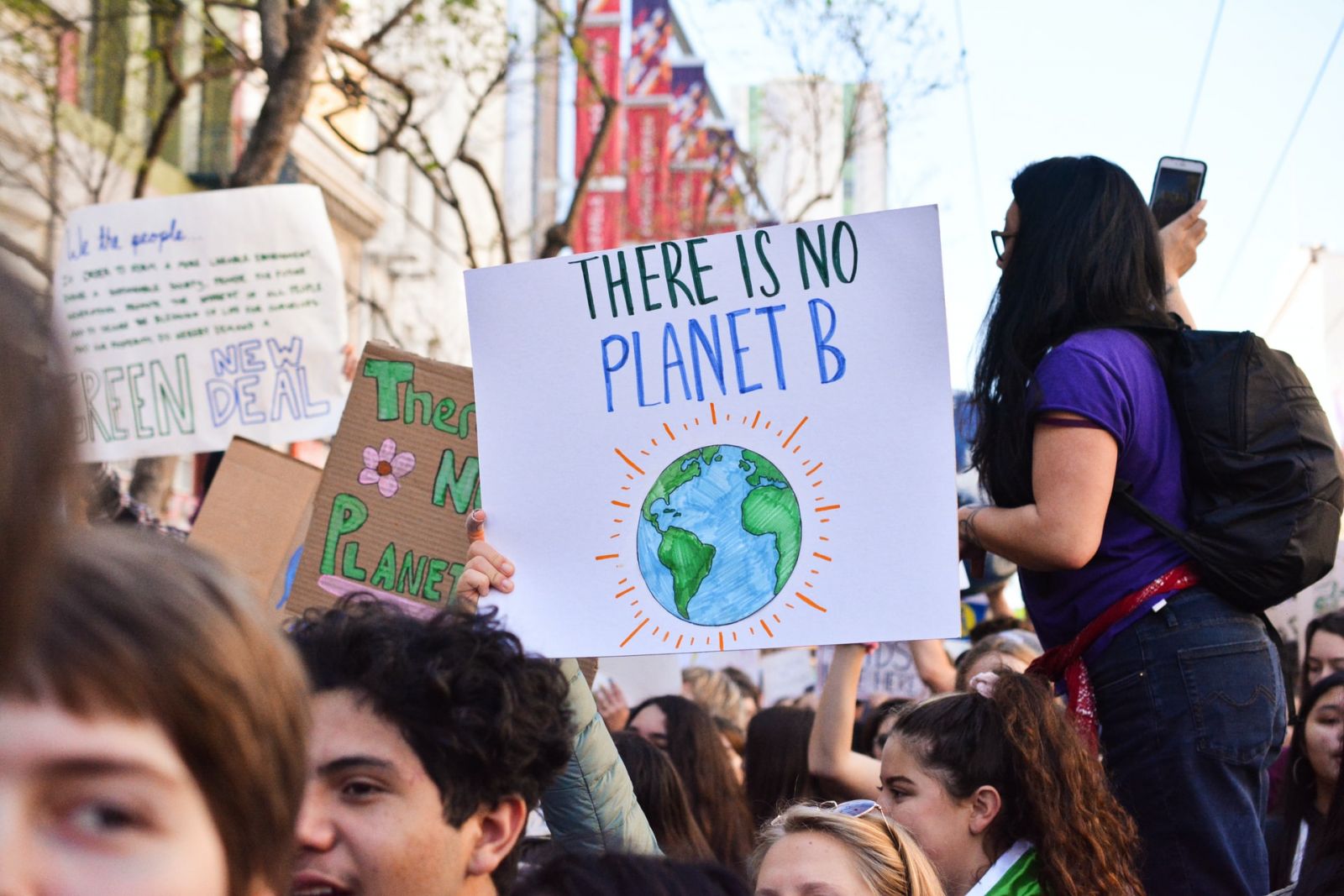Science academies around the world call on governments for a sustainable recovery from COVID‑19
- 4 mins read


Today, to mark World Environment Day, the Australian Academy of Science joins with 17 other academies of the Commonwealth to call on governments to ensure a sustainable recovery from the COVID‑19 pandemic.
The consensus statement calls for Commonwealth governments to use next year’s COP26 climate conference as an opportunity to work together to tackle the ongoing crises of climate change and biodiversity loss, and to ensure that global economic recovery from the COVID‑19 pandemic is environmentally sustainable across the Commonwealth and globally.
...the global pandemic does not change the fact that the world also continues to face an ever-growing environmental emergency.
From the statement:
"COVID-19 has had a profound impact across the globe, affecting health and health services, impacting the global economy, and exacerbating social and economic inequalities. Global cooperation and effective policy are essential for tackling the virus and for ensuring a successful economic recovery. But the global pandemic does not change the fact that the world also continues to face an ever-growing environmental emergency. Indeed, COVID-19 has highlighted the importance of governments working together and we must build on this global response to address the climate crisis.
"On the occasion of World Environment Day, and in a month when Commonwealth leaders would have gathered in Kigali for the Commonwealth Heads of Government Meeting (CHOGM), we therefore call on governments to continue to address the joint challenges of climate change and biodiversity loss, and to ensure that global economic recovery from the pandemic is environmentally sustainable across the Commonwealth and globally. Delivering action on the urgent and interlinked challenges of climate change, biodiversity loss and sustainable energy provision presents economic, social and environmental opportunities for the whole Commonwealth.
We call on Commonwealth Heads of Government to:
- Use the opportunities of COP26 and COP15 to coordinate discussions on the joint challenges of climate change and biodiversity and recognise their inherently interlinked nature
- Work with the global research community to identify scientific and holistic approaches for addressing climate change and biodiversity without causing unintended damage
- Grasp the opportunity of a decarbonised economy and its benefits for people and life on Earth
- Ensure a resilient and environmentally sustainable recovery from COVID‑19.
Academy President Professor John Shine, said science has underpinned Australia’s successful efforts to halt the COVID-19 pandemic.
“Governments need to ensure that scientific evidence underpins their approach to addressing the growing impacts of climate change and biodiversity loss on humanity," said Professor Shine.
“As the consensus statement notes, failure to tackle these combined challenges in the increasingly narrowing timescale required will pose significant risks to human development and welfare, escalate societal inequalities, and impact all Commonwealth countries, particularly those that are most vulnerable.
“Recognising different capacities, challenges and priorities, the approaches of each nation will not be the same—but they must be informed by the best available scientific evidence.”
The statement has been signed by 18 national academies from across the Commonwealth, representing big and small nations around the globe:
- Academy of Science of South Africa
- African Academy of Sciences
- Akademi Sains Malaysia
- Australian Academy of Science
- Cameroon Academy of Science
- Caribbean Academy of Science
- Cyprus Academy of Sciences
- Indian National Science Academy
- National Academy of Sciences of Sri Lanka
- Pakistan Academy of Sciences
- Royal Society of Canada
- Royal Society of Edinburgh
- Royal Society Te Apārangi (New Zealand)
- Rwanda Academy of Science
- The Royal Society
- Singapore National Academy of Sciences
- Uganda National Academy of Sciences
- Zambia Academy of Sciences
Further reading
- The Australian Academy of Science’s Australian climate science capability review characterises Australia’s current climate science capability and identifies how well the climate science sector is positioned to meet current and future demands for weather and climate knowledge.
- The Australian Academy of Science’s science of climate change publication explains the current situation in climate science, including where there is consensus in the scientific community and where uncertainties exist.





